

Dear Readers,
No, this is not about elitist sailing clubs or problems with newcomers - although I do feel a bit elitist since I got my membership card for the Klimadiesel-90-Club. Because that means I belong to the small group of people who can fill up with synthetic diesel fuel in Kiel.
Unlike fuel blended with biodiesel, synthetic diesel does not absorb water and can be stored for up to ten years without any biocides. Goodbye diesel pest! That alone is reason enough to lug the fuel on board in canisters instead of conveniently filling up at the harbour petrol station. What's more, the miracle fuel burns cleaner than conventional diesel, hardly smells at all and reduces CO₂ emissions by 90 per cent.
Hydrogenated vegetable oil, or HVO100 for short, is the official name of the fuel. A diesel substitute synthesised from vegetable waste and leftovers from the food industry. In short: the Jockel runs on old chip fat and only emits as much CO₂ as the plants have previously absorbed.
However, it's not quite that simple, because the plant-based raw materials can in principle also include palm oil, and then the environmental balance of HVO suddenly no longer looks good at all.
This is also the basis for the Federal Environment Agency's rejection. The authority doubts the sustainability of HVO100 and fears that the waste used to produce petrol could be used elsewhere, for example in the chemical industry. For this reason, the authority has so far refused to authorise pure HVO. The fuel may therefore not be sold at every petrol pump.
However, public fleets may very well run on it. The joke is that with HVO100, the CO₂ emissions of buses, lorries and trains can be drastically reduced without having to invest in new electric vehicles and the appropriate infrastructure. For this reason, the fuel is also available in Kiel, as the waste management company's cars also refuel at the petrol station and thus run almost CO₂-neutrally.
The loophole is called "closed user group" and can also be used by private individuals. Similar to the corner pubs that have been rebranded as smoking clubs, the petrol station becomes a clubhouse. Anyone who is a member of the petrol station operator's climate diesel club can legally fill up with HVO100, aka climate diesel. This immediately makes the old Jockel more climate-friendly and hardly soots at all. The fact that you have to pay around 20 cents per litre more for this is bearable in view of the absolute consumption of around 100 litres per season. What's more, the synthetic fuel is just on a par with premium fossil diesel, which I used to bunker in the hope of reducing the risk of diesel pest. The reduced CO₂ emissions are therefore practically free of charge, and the black rim on the exhaust pipe is also history.
With any luck, the free compulsory membership will only be short-lived, as the Bundestag has called on the government to amend the guidelines with a motion for a resolution so that HVO100 can be sold like conventional diesel. This has long been the case in other European countries such as Sweden and the Netherlands, especially as the HVO100 on offer comes mainly from Neste. The Finnish producer assures that no palm oil is used in the production process.
Anyone who, like me, has already had the sticky bacterial slime of the diesel plague in their petrol tank will long for the day of release - or become a member of the club.
Hauke Schmidt
YACHT Editor Test & Technology
Newsletter: YACHT-Woche
Der Yacht Newsletter fasst die wichtigsten Themen der Woche zusammen, alle Top-Themen kompakt und direkt in deiner Mail-Box. Einfach anmelden:
Click to see through
The week in pictures:
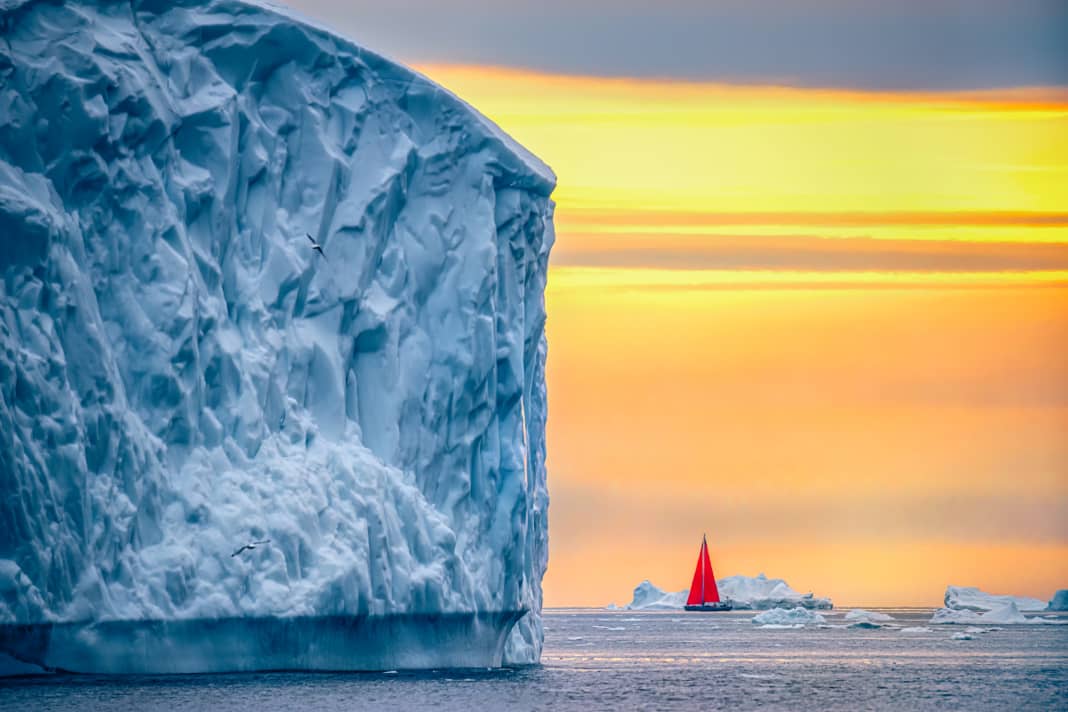





Recommended reading from the editorial team:

The Ocean Race
Always up to date- Daily updates
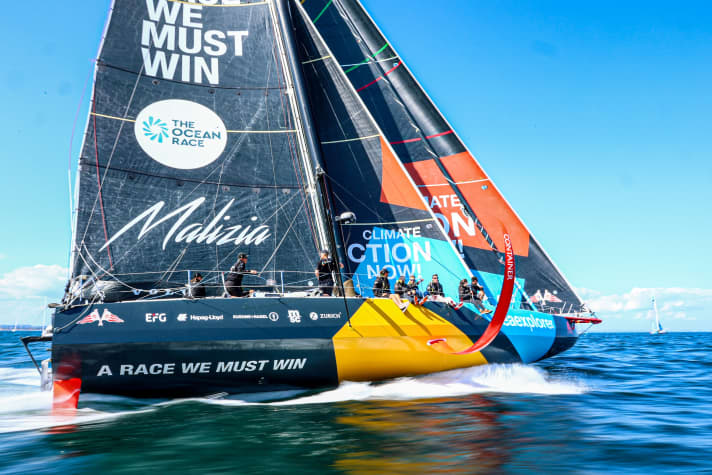
Even the shortest stage of the race around the world is a tough one. In the battle for overall victory, it is now time to score important points. Here on yacht.de you can find out what to expect. Plus: daily news, background information and updates on the race!
SailGP
Vettel is happy - new investors for Team Germany
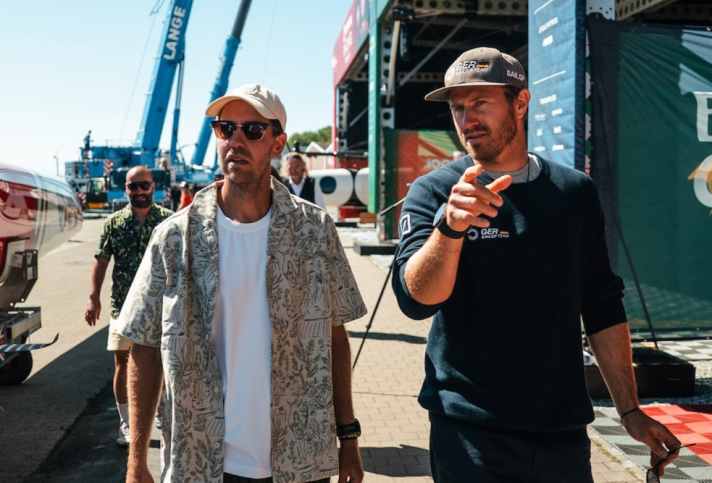
The Germany SailGP Team is being spurred on by new investors in its fight for promotion in the SailGP World League. This is a good signal for the sailors.
X-Yachts
More performance and comfort
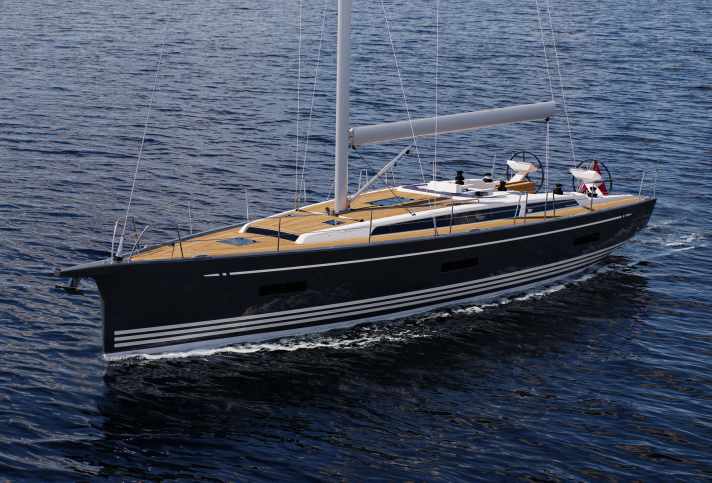
X-Yachts has revised the X4.6. The new version, called Mk II, is said to sail even better and has been improved in many details.
Technology
Is it better to upgrade or replace old instruments?
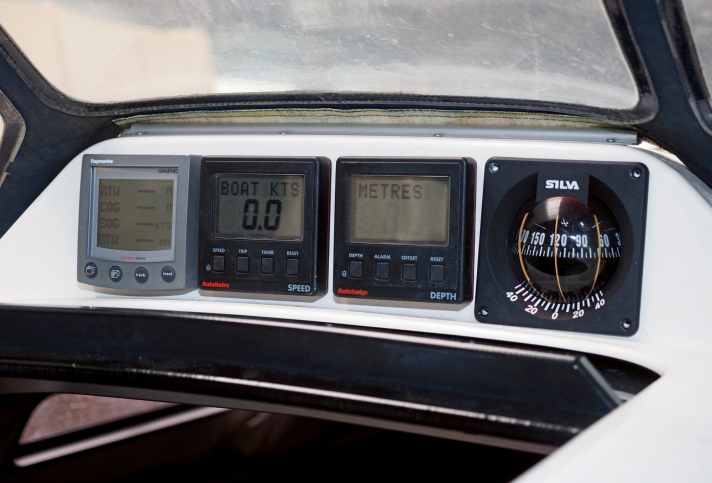
If the functionality of the old electronics is no longer sufficient, the question of compatibility arises and whether upgrading or decommissioning is better.
Safety made in Germany
Safety lines and climbing harness for sailors
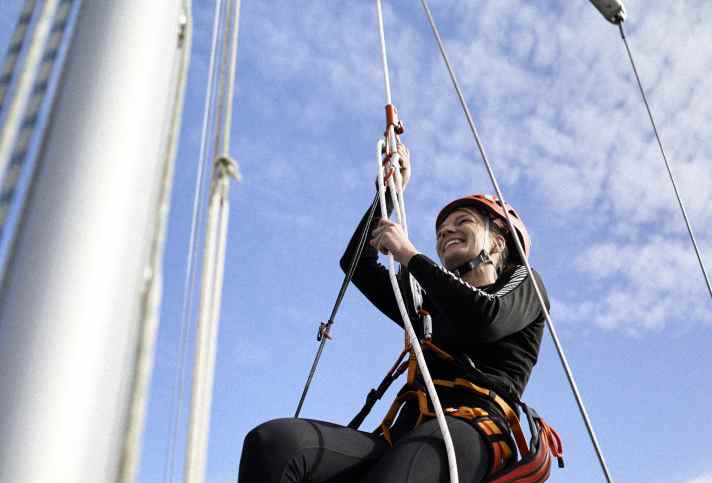
Skylotec launches safety products for sailors. The German company, known for harnesses in the industrial climbing sector, is expanding its range to include maritime applications. The Deck Lock Lifeline is an elasticated safety line with three palm-squeeze carabiners. The Access Set Light combines a climbing harness with a safety line for staying in the rig.
Accident
Sad end of the "Ethel of Brixham" on a stone causeway?
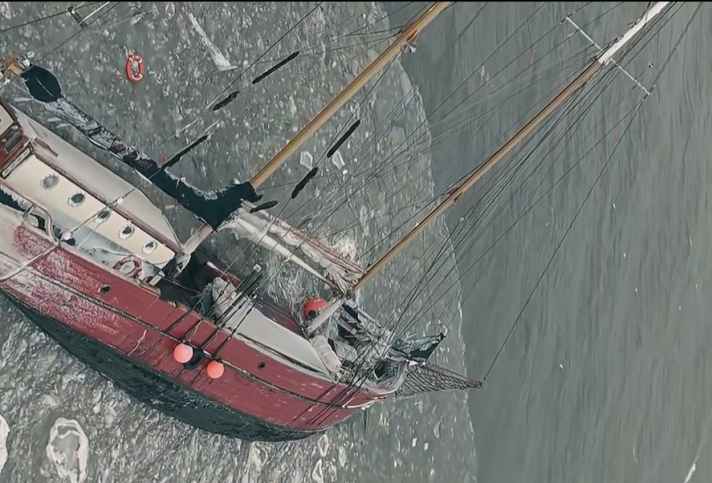
After 135 years at sea, the Ethel von Brixham ran aground on a breakwater off Cuxhaven - drone images show broken planks, ice and massive damage. The owner must now provide a salvage plan, otherwise the WSA will intervene.
Globe40
Mast repaired, Fink crew on comeback course Cape Town
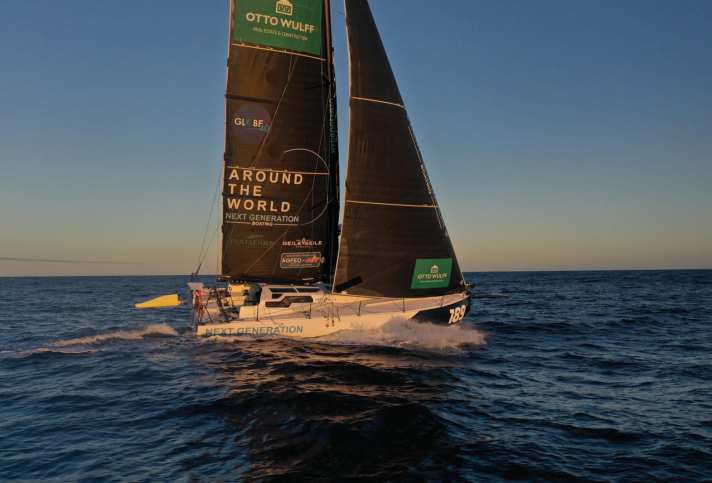
Back at sea at last: Melwin Fink and his transfer crew have heralded their Globe40 comeback and left La Réunion after the mast repair.
Olympia
Anna and Emma - double duty Down Under
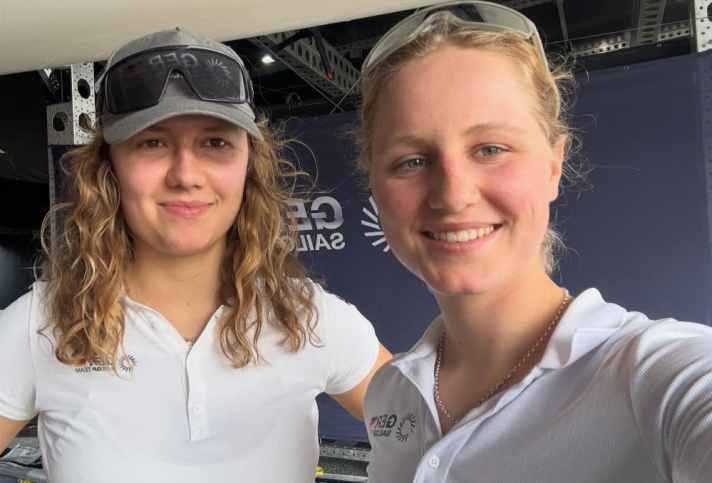
Anna Barth and Emma Kohlhoff are on a double mission Down Under: in the skiff they are training with Australia's best for the Olympics, and in the SailGP they are going for it.
In distress
Kitesurfer breaks into the ice, rescuers move out
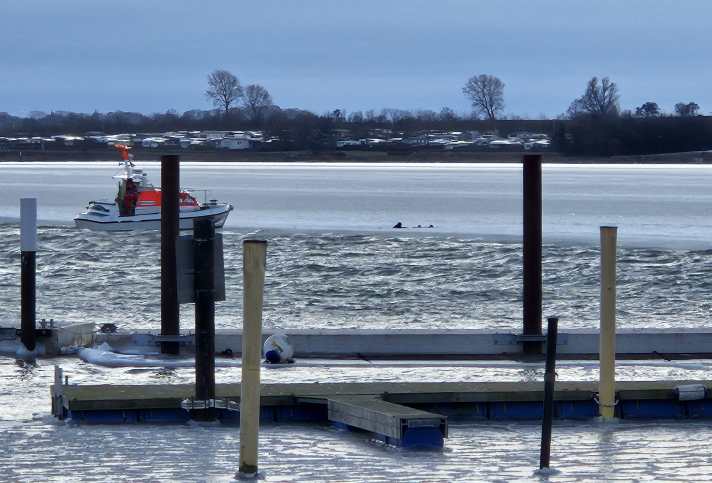
On 3 February, the sea rescuers from the DGzRS station in Großenbrode rescued a kitesurfer from the ice. The man was travelling on the frozen lake in strong winds when he broke into the ice and was unable to free himself.
Newsletter: YACHT-Woche
Der Yacht Newsletter fasst die wichtigsten Themen der Woche zusammen, alle Top-Themen kompakt und direkt in deiner Mail-Box. Einfach anmelden:
